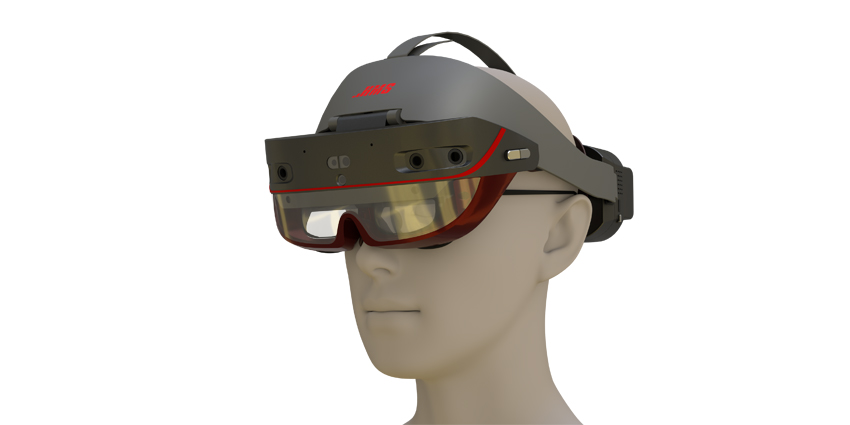Chinese artificial intelligence (AI) firm SenseTime revealed a massive jump to 100 million global daily active users, a company executive told Reuters on Friday.
The company produces and sells augmented reality (AR) technologies to global clients, and was launched in 2016.
SenseTime’s AR technologies are used on social media platforms such as Weibo, Xiaohongshu, and Bilibili, among many others, to apply filters and effects to live video content.
The news comes as the Hong Kong-based AI giant hopes to earn $2 billion in fundraising from a Hong Kong initial public offering (IPO), sources told Reuters.
Wang Xiaogang, Co-Founder and Head of Research for SenseTime, told Reuters his firm’s AR technologies were popular in Southeast Asian countries like Malaysia and Thailand.
He continued, stating SenseTime would combine its AR and smart driving technologies to allow minibuses to reach level 4 autonomous driving, which requires no human drivers in most cases.
The firm’s AR technologies also display adverts and information on windows while passing through parts of a city, with many currently operating in Wuxi, eastern China, he said.
Speaking further, he told Reuters:
“We first implemented AR effects online, and now we are trying to apply more AR offline”
SenseTime could potentially install its smart driving technologies in 20 million vehicles over seven years time, namely with firms such as BYD and Great Wall Motor, he explained.
SenseTime gained $1.5 billion in private fundraising and was valued at $10 billion last year, following investments from Alibaba, Softbank’s Vision Fund, Qualcomm, Silver Lake Partners, and many others.
The comments come just a day after the massive AI company launched its International AI Innovation Hub in Singapore to bolster Southeast Asia’s AI capabilities via memorandums of understanding (MoU) with Business China and Singapore’s Institute of Technical Education (ITE).
The Hub will host eight zones for developing and featuring real-world applications for AI, AR, mixed reality (MR), and others, and will allow visitors to test immersive environments.
The news comes after the former Trump administration blacklisted SenseTime in 2019, citing national security concerns, and accused the Chinese firm of alleged human rights abuses against Uighur Muslims in China’s easternmost province, Xinjiang, which Sensetime has strongly and repeately denied.







